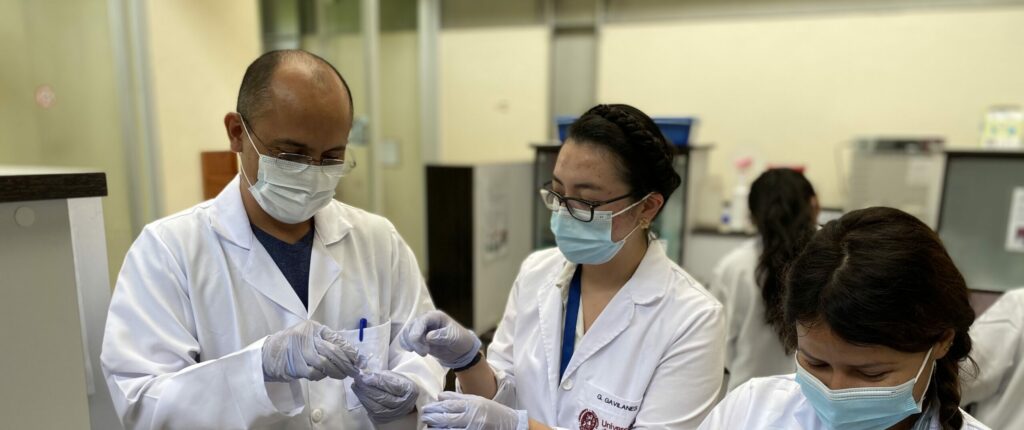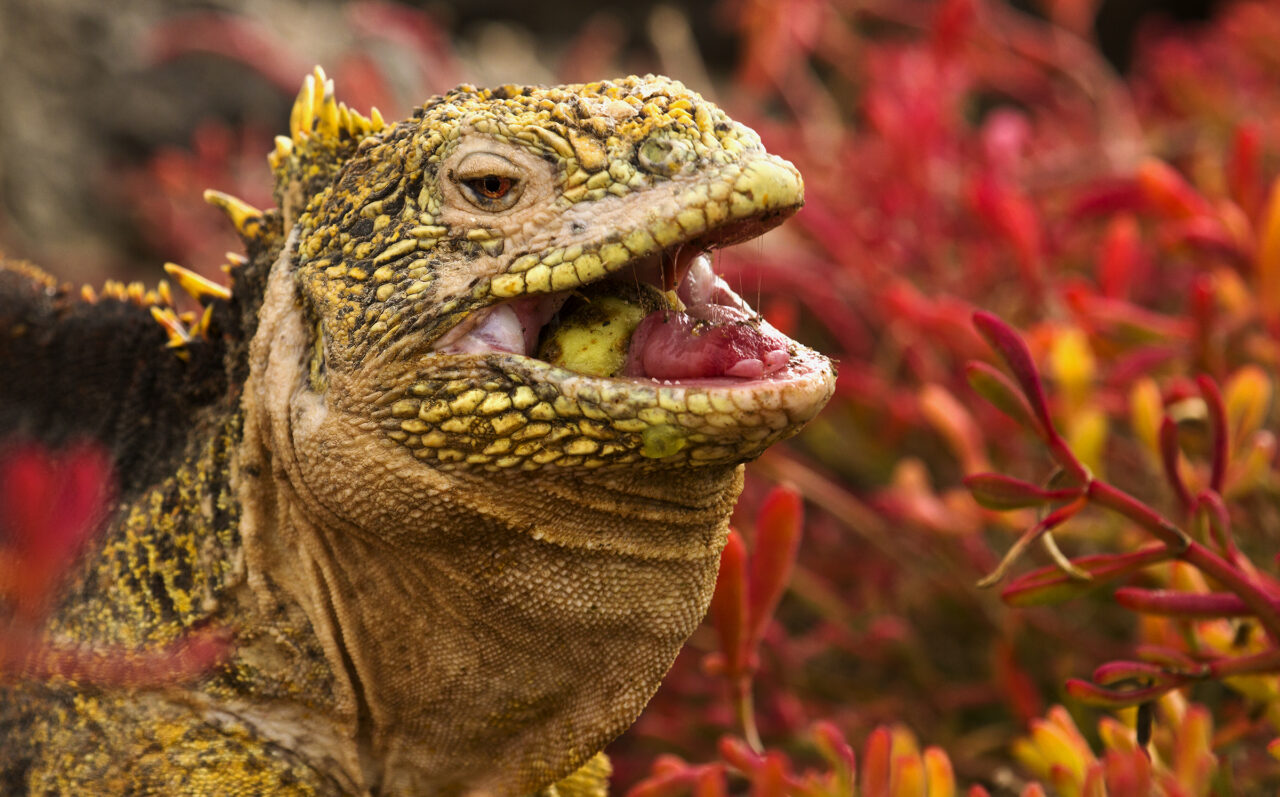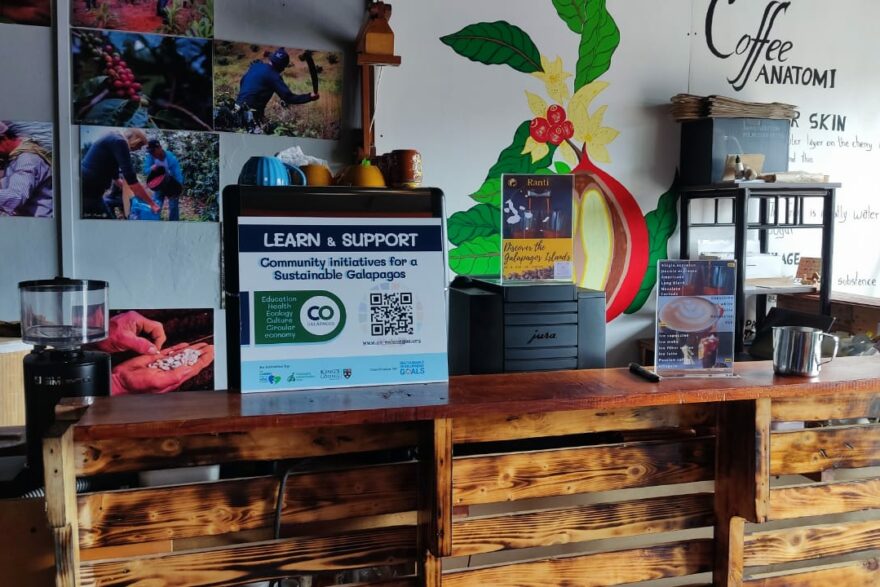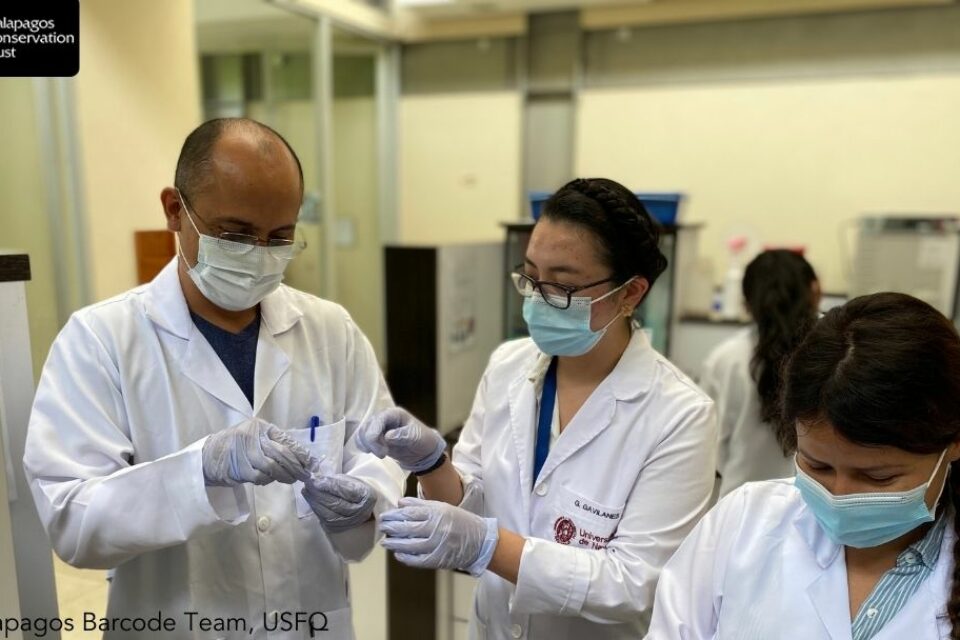
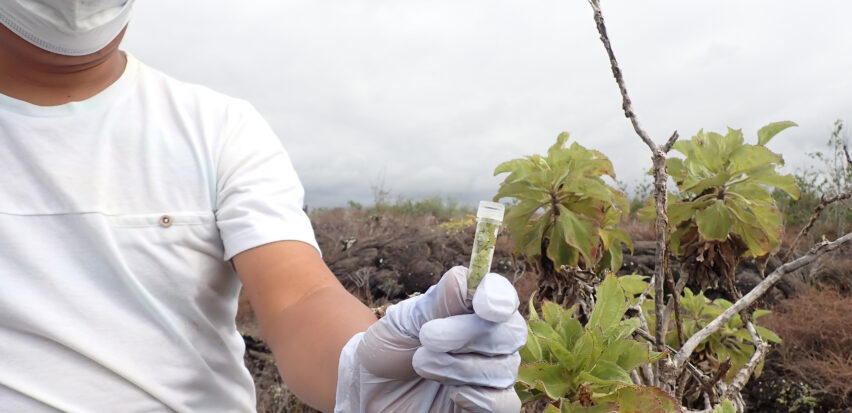
Overview
Labelled the most ambitious citizen science project in Galapagos, Barcode Galapagos aims to gather and document the genetics of all living species both on the Islands and in the surrounding waters, with the aim of better understanding and protecting the natural environment.
Lead Project Partners





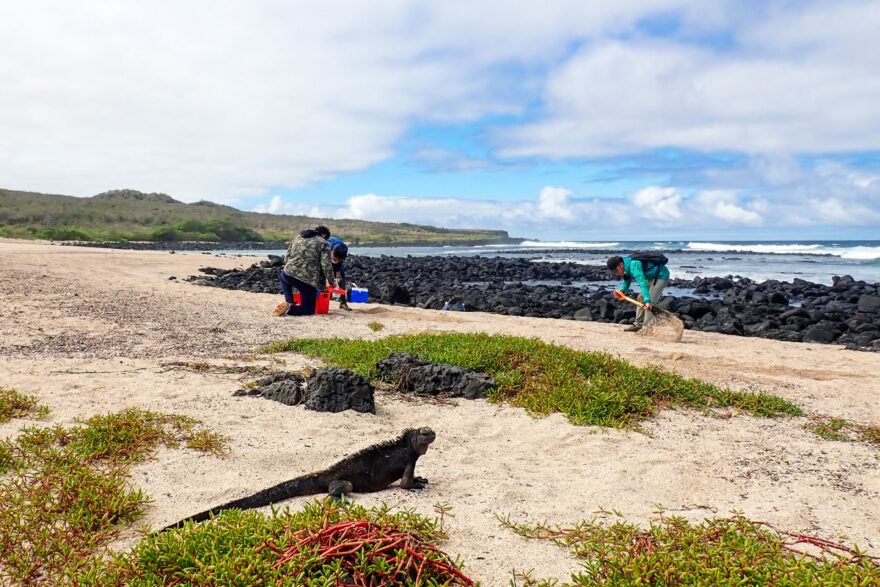
The problem
Many groups of species in Galapagos remain unstudied, particularly coral reef fish and microorganisms that make up most of the Islands’ biodiversity. Although it sounds ambitious, experts believe ecosystem-level barcoding is feasible due to the remote location and volcanic origins rendering the Galapagos ecosystem relatively ‘simple’, with around 9,000 multicellular species. Furthermore, having a Galapagos barcode biodiversity library will help scientists and conservationists measure the health of Galapagos environments and support species reintroductions or captive breeding programmes over the long term. It can also detect environmental threats by identifying new invasive species entering Galapagos or tracing illegally trafficked shark fins or animals sold as pets through black markets.
I was a captain, but since the pandemic, I was forced to do any activity available to provide for my family. The main limitation I’ve encountered in this project is technology, but I’m learning through the process. I'm grateful for this opportunity.
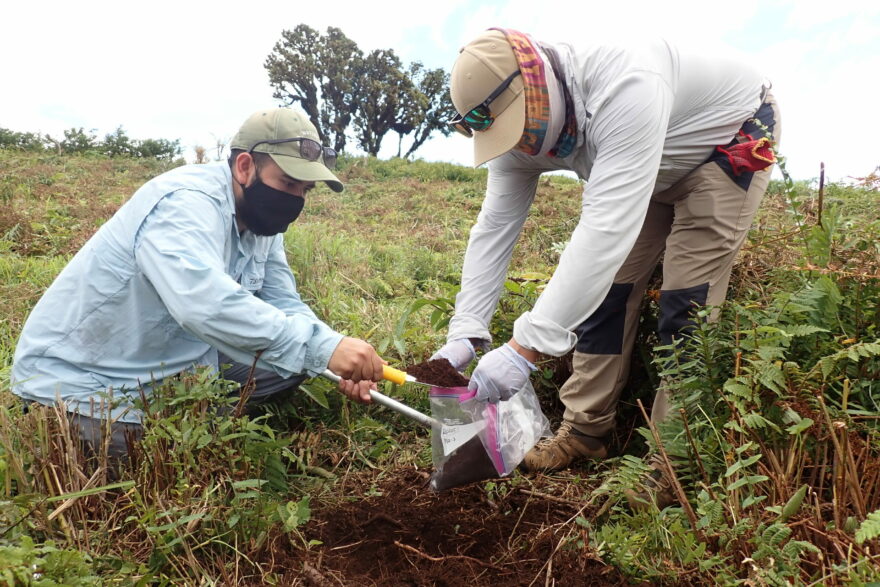
How we’re tackling it
Engaging the local community in conservation science is essential for ensuring the protection of the natural environment. The Barcode Galapagos project was launched in 2020 with a grant from the UK Government’s Newton Fund and this first phase of the project employed local people in Galapagos, specifically Galapagos National Park guides who were hit hard at the start of the COVID-19 pandemic. Newly trained lab and field technicians carried out research on the genetic diversity of the species of the Galapagos Islands and the Galapagos Marine Reserve.
Following the end of the Newton grant, and with the reopening of tourism in Galapagos meaning many of the guides returning to work, the project has been scaled down in size. Since November 2021, GCT has supported the continuation of the project by funding core staff and six lab assistants.
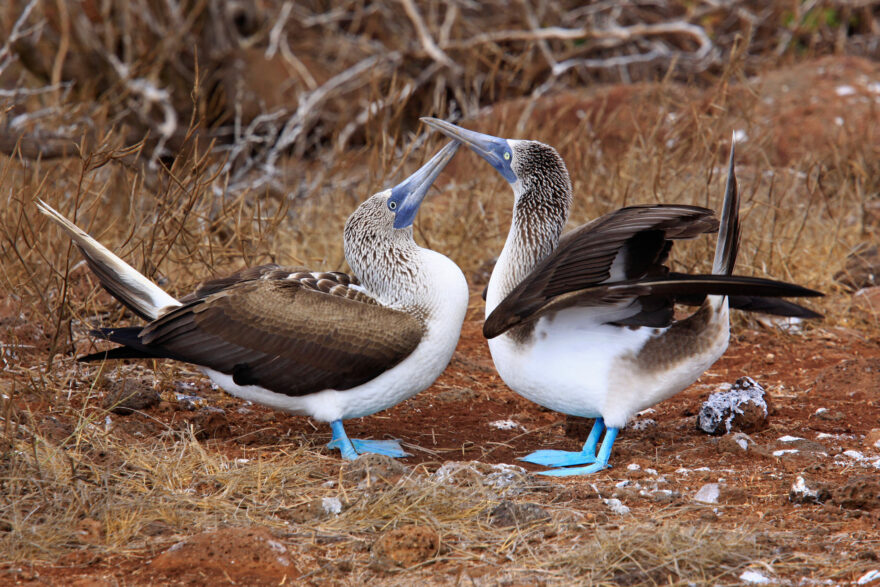
Project goals
The Barcode Galapagos project aims to have an impact in two major areas – providing alternative livelihoods for Galapagos community members to support conservation science, and describing the genetic profile of all species found in the Archipelago, from Scalesia trees to blue-footed boobies, from microbes to giant tortoises. The project aims to achieve this by:
- Using non-invasive 21st-century genetic barcoding techniques to catalogue the biodiversity of the main Galapagos Islands and surrounding marine reserve.
- Training locals in key field, lab and curatorial techniques, and employing them to undertake the project, which can also open new job opportunities in the future.
- Throughout, quantifying the impacts of our approach for individual- and societal-level well-being.
Project updates

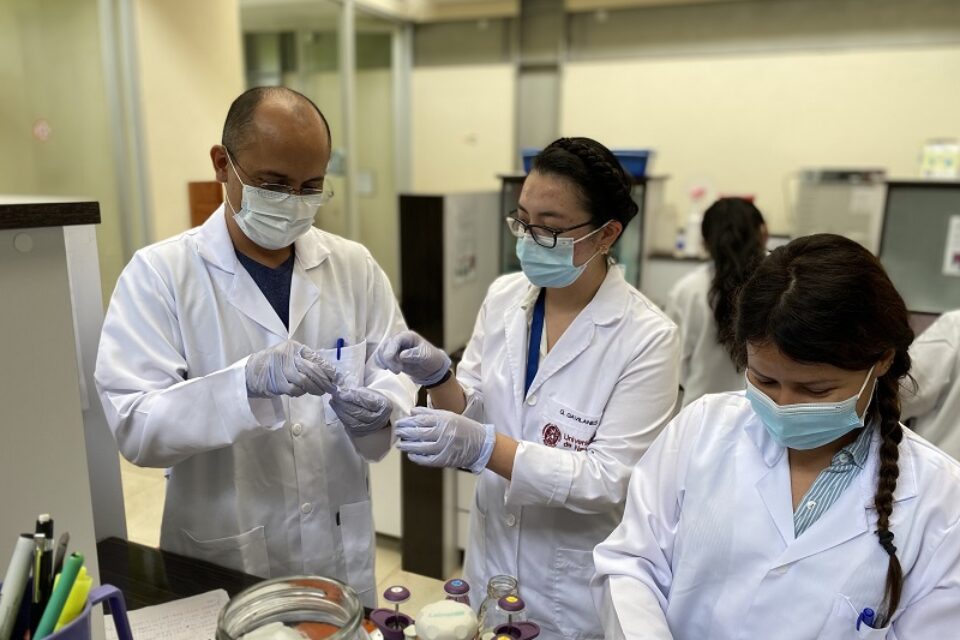
Can genetic barcoding offer more than information to the Galapagos Islands? The Barcode Galapagos Project.
How you can help
With your help, we can safeguard the future of these Enchanted Isles.
